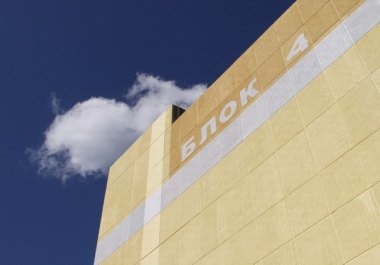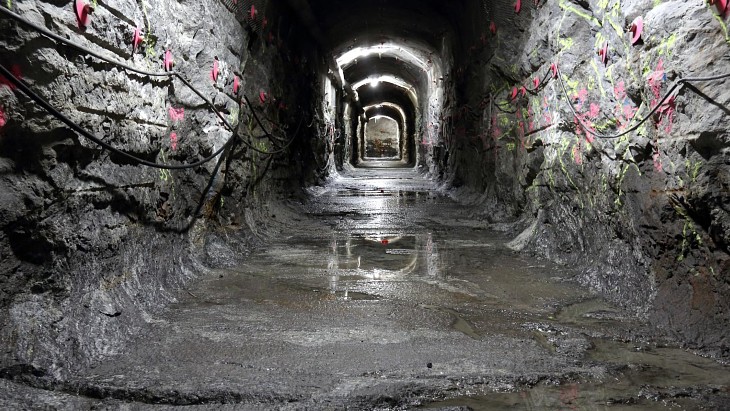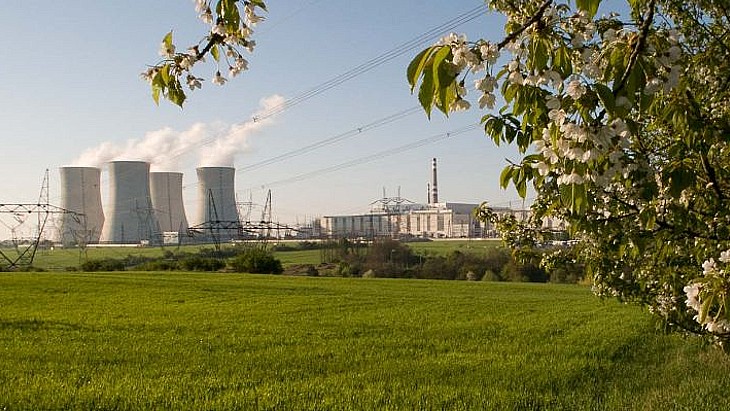
Rovno 4 (Image: Energoatom)
Ukraine is having trouble meeting payment schedules for Russian nuclear fuel, but suppliers say there will be no disruption.
Energoatom is the national electricity generator in Ukraine, which uses 15 reactors planned in the Soviet era for 47% of electricity. It has longstanding contracts with Russia's TVEL for fuel supply but has recently signalled that it will be unable to make the advanced payments required by contract.
Today, Energoatom vice-president Olga Kravets acknowledged her company's requests to change the schedule and but signalled her confidence that "in this difficult situation, the Ukranian nuclear power plants would be guaranteed nuclear fuel."
Ukraine and Russia have had turblent relations over energy matters in recent years. Russia's Gazprom has twice shut off supplies to Ukraine's Naftogaz in protest over late payments amounting to over $2 billion. This had major repercussions for the transit of the resource into Western Europe and some countries saw their gas stocks hit zero in the middle of winter.
TVEL quoted Dmitry Baranov of law firm Finam Management in saying that "Rosatom and its units have repeatedly demonstrated that they have met their obligations to any partner, regardless of the policy of a country in respect of Russia... This means that the Ukrainian nuclear industry can be confident that TVEL will clearly fulfill all its commitments and there will be no delay in the supply of fuel."
Energoatom is able to secure uranium and zirconium alloy domestically but uses Russia for uranium enrichment and the actual fuel elements which can only be manufactured by TVEL. There is a US-Ukrainian project involving Westinghouse to establish an alternative supplier for VVER fuel, but developing this capability has been difficult. A phased trial of Westinghouse fuel assemblies in the South Ukraine power plant has been underway since 2005, inspiring condemnation from Russian observers.






_53514_33880.jpg)






